If you’ve woken up next to the same person for 40 years, if you’ve had children and built a home together, if your lives are inextricably entwined, how does it feel to suddenly face a future without them? Yet the majority of married women will outlive their partners, and many of us – even though it might seem very far away now – will find ourselves navigating this difficult emotional terrain.
In Australia, older women are far more likely to die single. In fact, the most recent report from the Australian Bureau of Statistics found that almost three quarters of women will die alone, while the vast majority of men are survived by their wives.
Of course, part of this trend is due to women’s greater life expectancy, but men are also much more likely to remarry than women. Dr Olga Lavalle, a psychologist and author of The New Normal: A Widow’s Guide to Grief, suggests some women who might have spent the latter part of their life caring for their husbands can experience a new-found sense of freedom, which they may greet with surprise and, sometimes, guilt.
“Men tend to feel lonelier and more lost because their wives have been their source of comfort and support during their marriage, and they only confided in them,” she says. Women of that generation, on the other hand, are more likely to be involved in their children’s and grandchildren’s lives, and to have kept up with social activities and networks of friends. As another expert put it: “Women thrive. They go to shows, they travel, they play cards.”
We asked four inspiring women how they coped with losing the love of their lives – and the way they found happiness again.




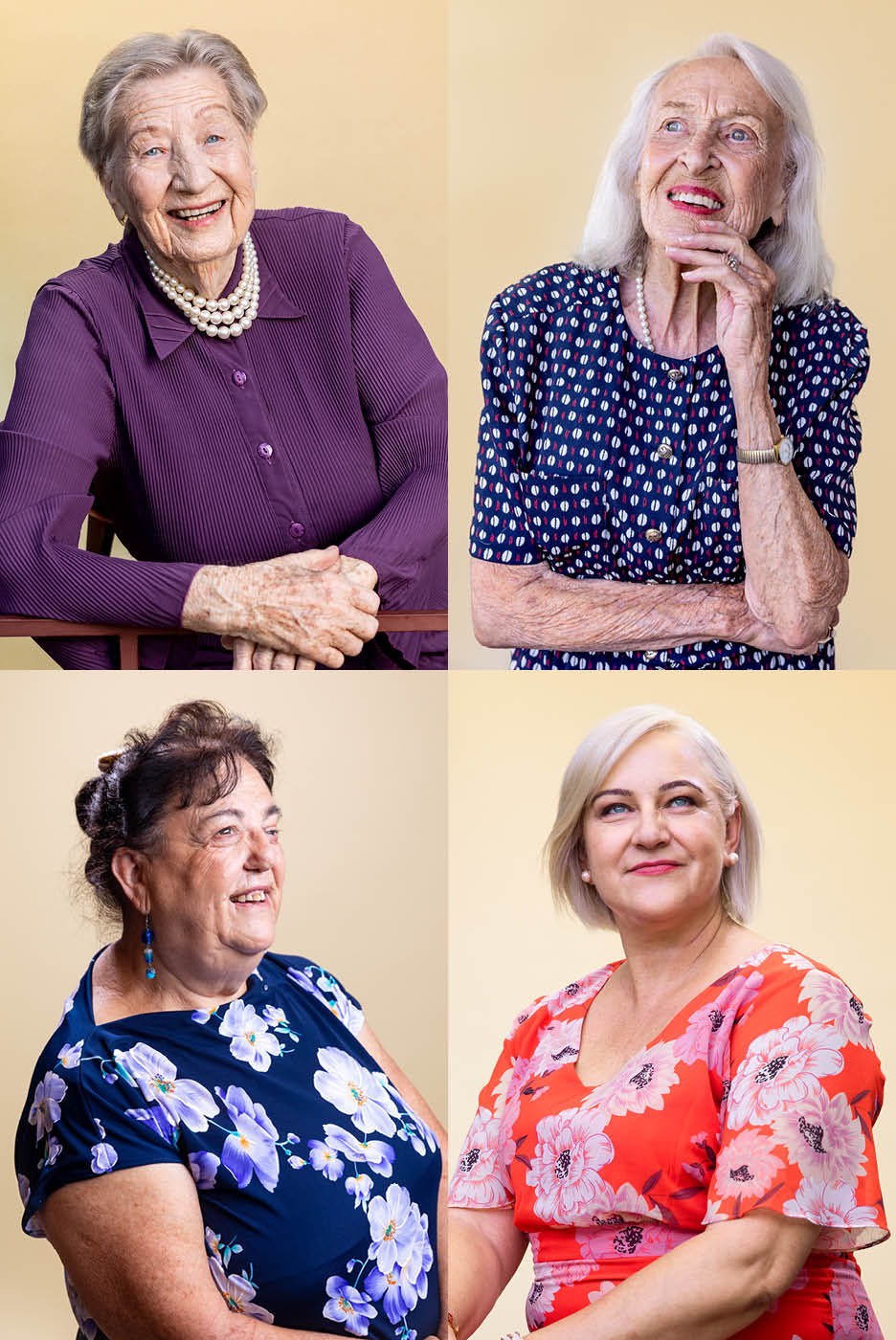
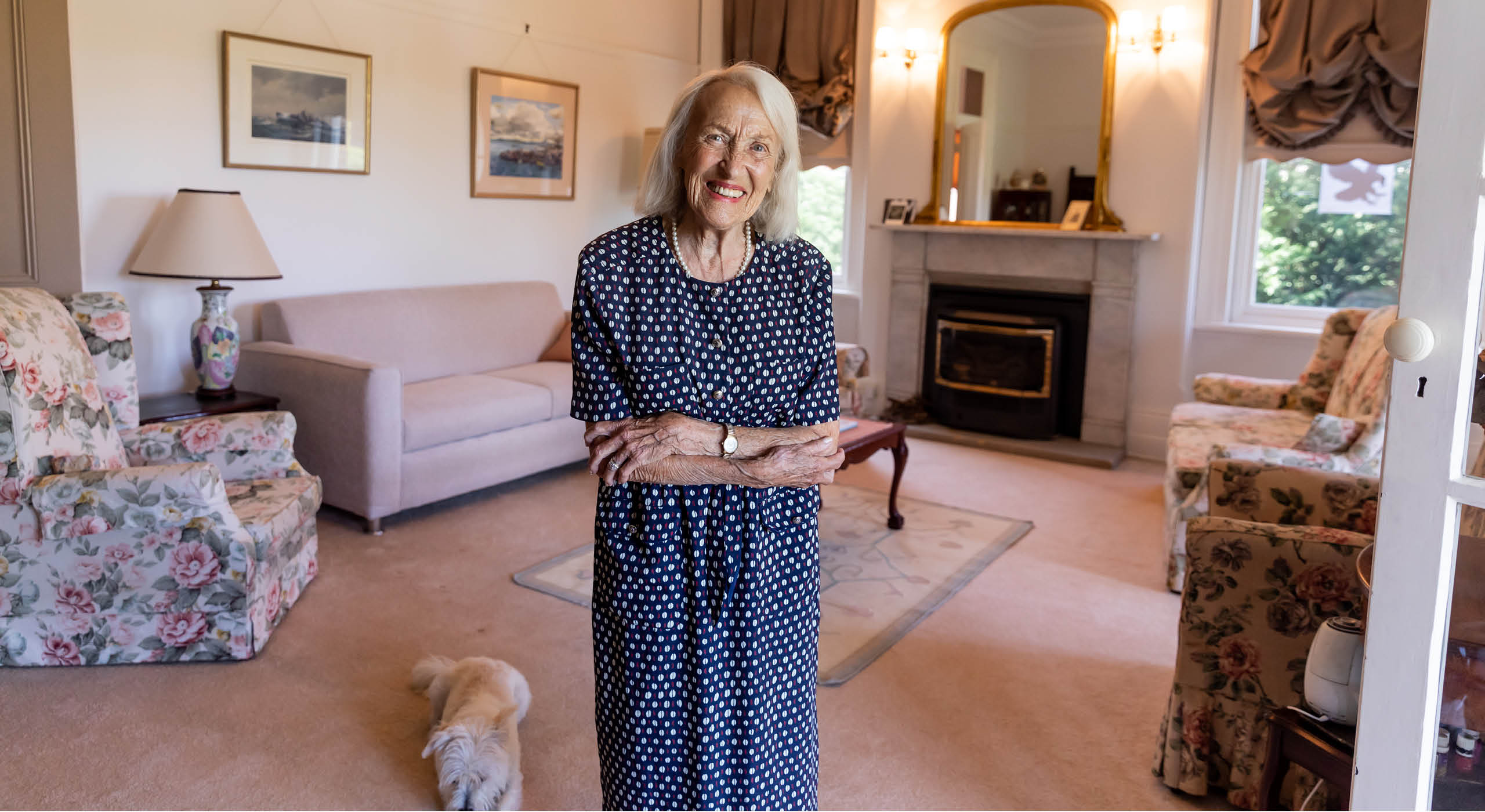
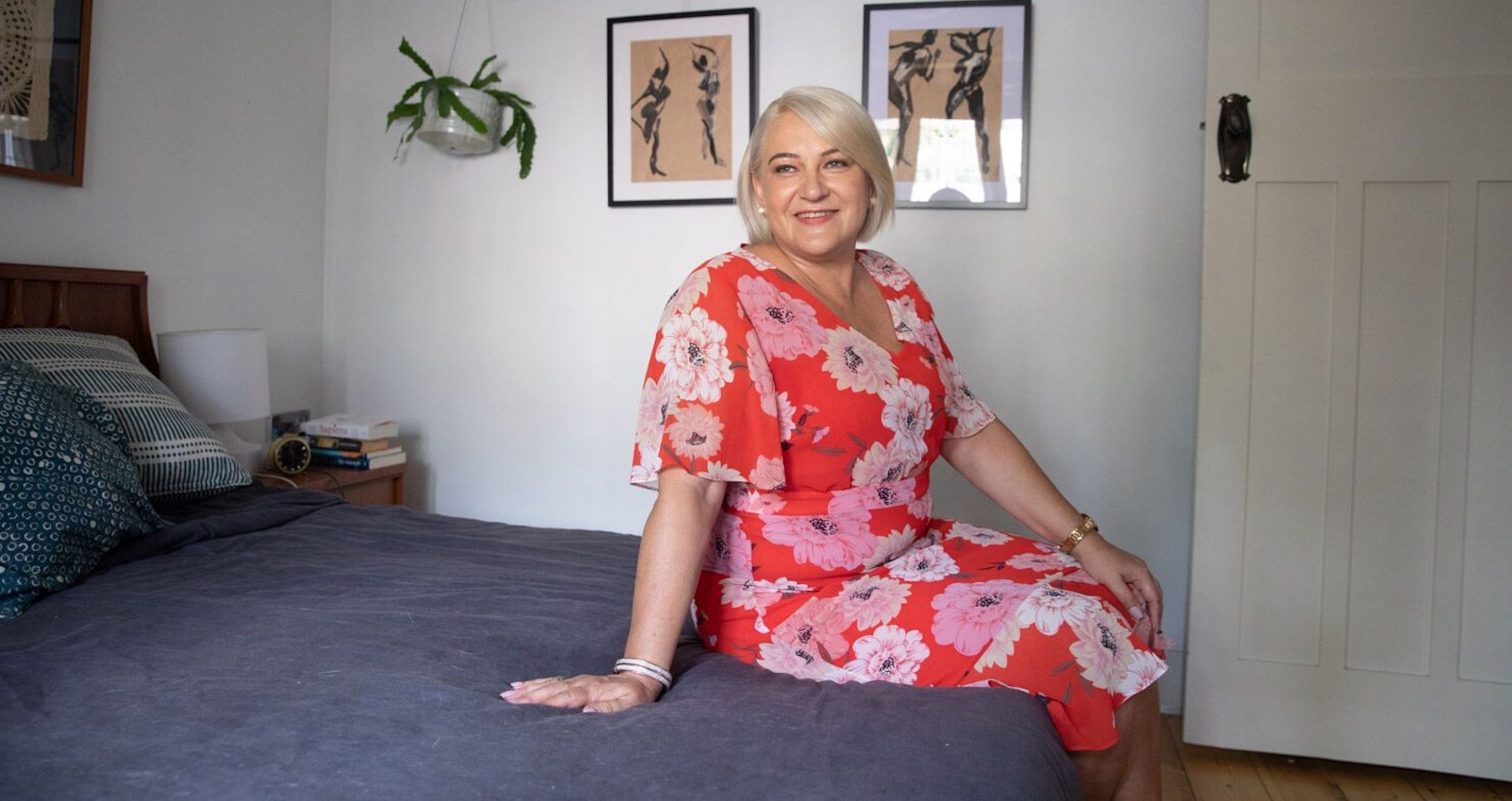
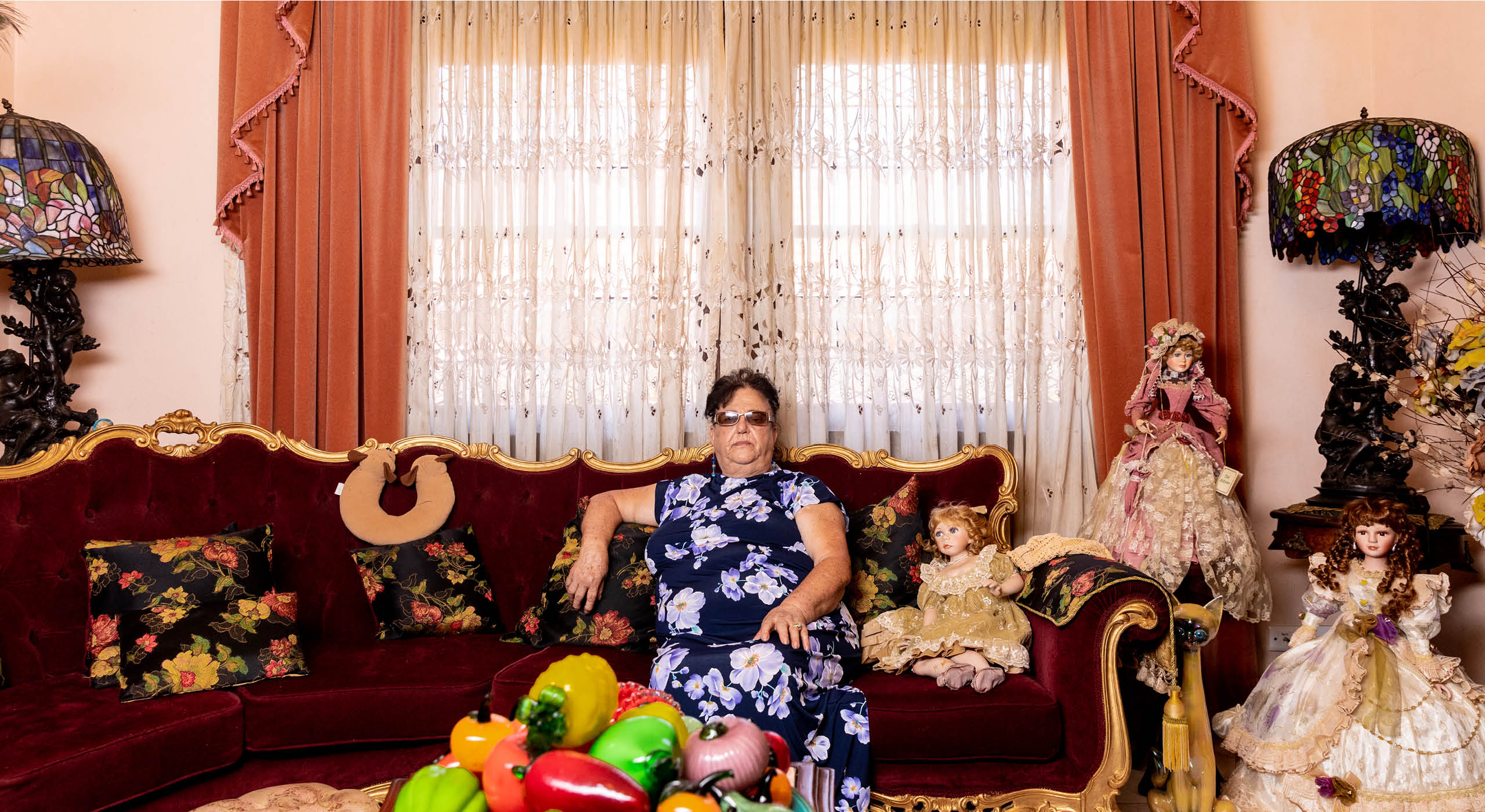
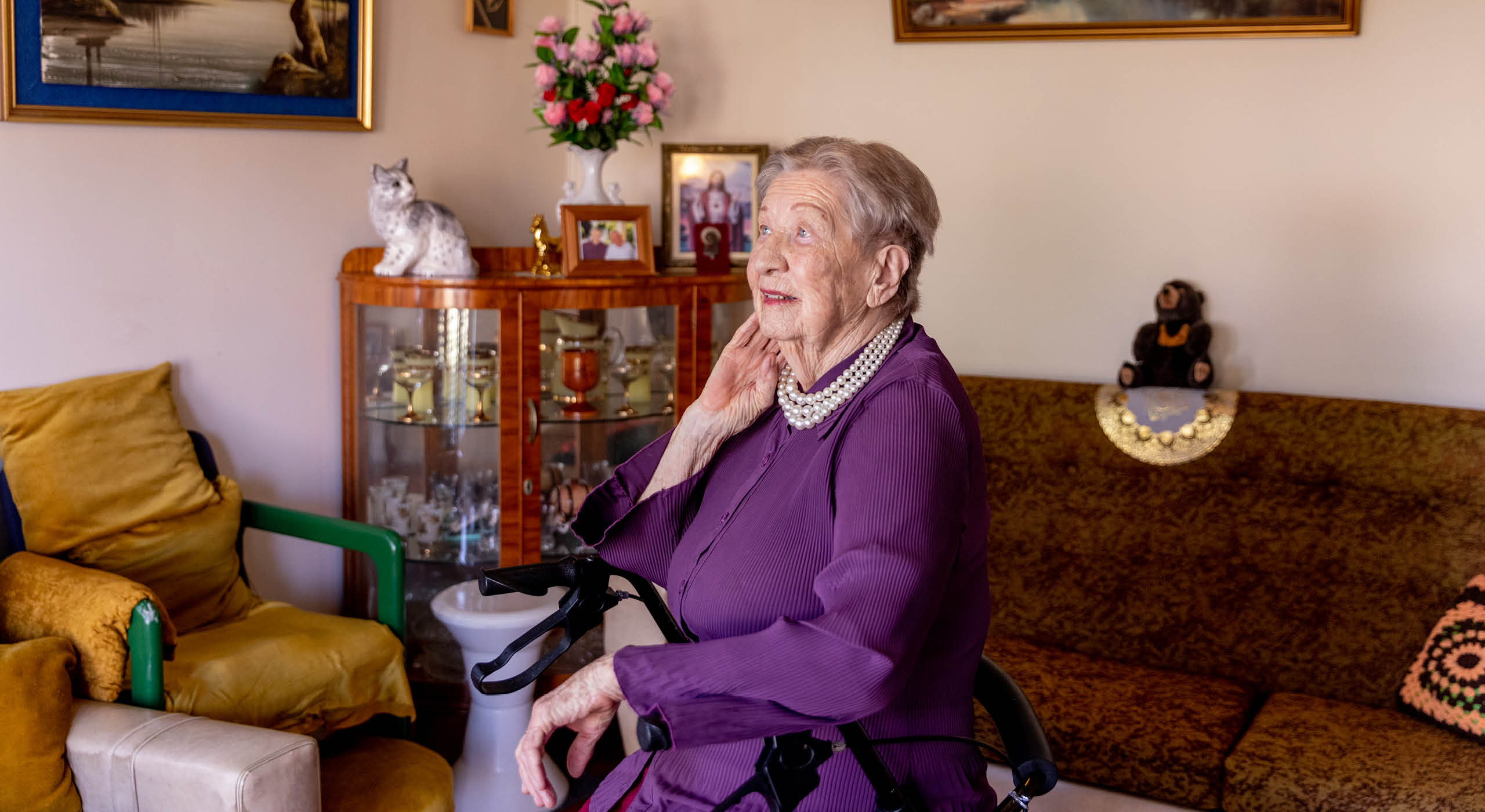
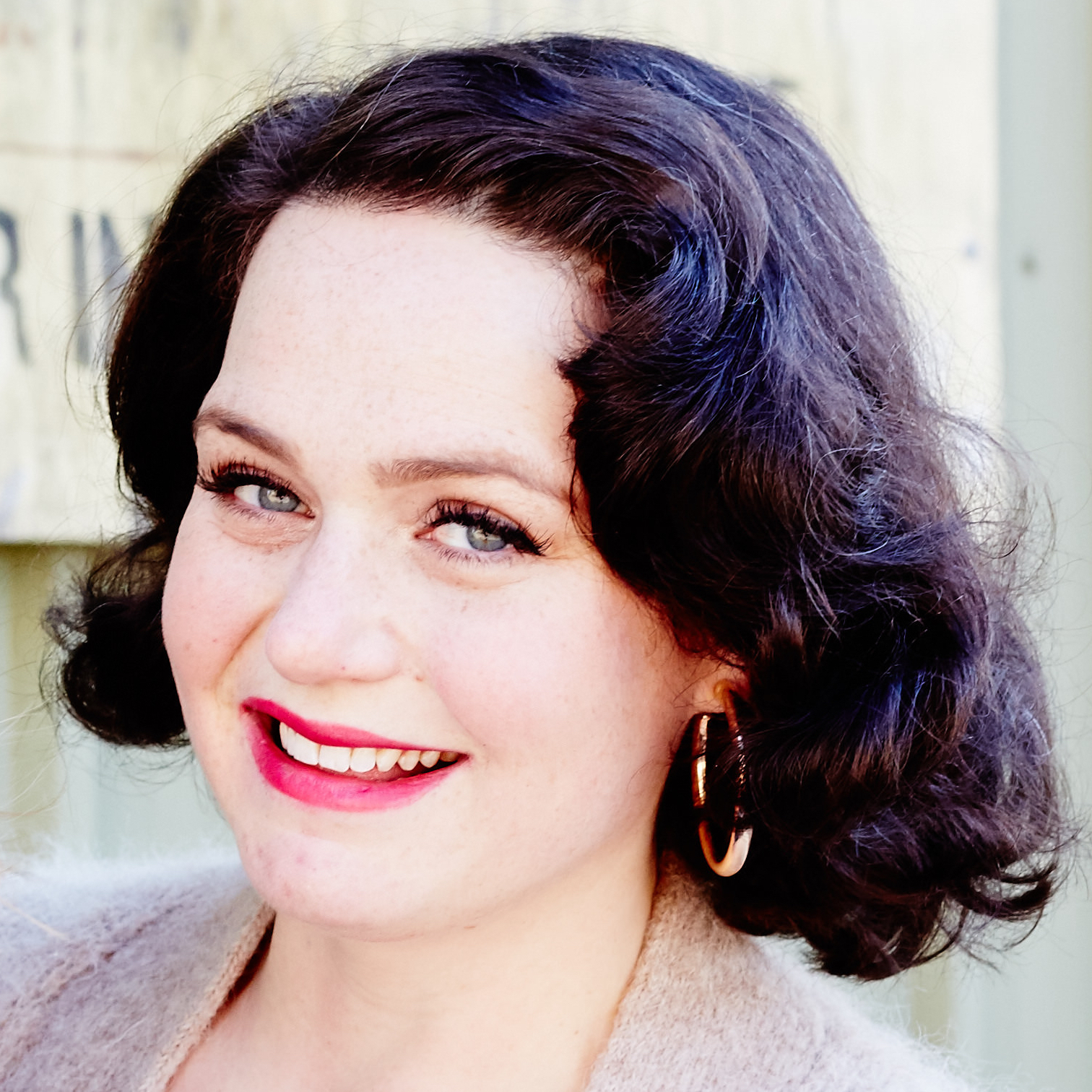


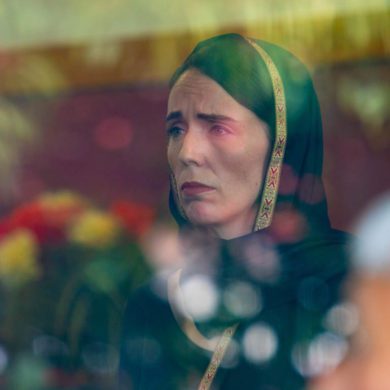
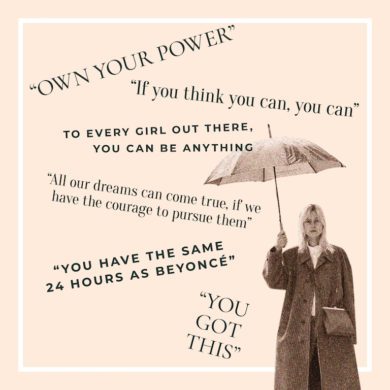
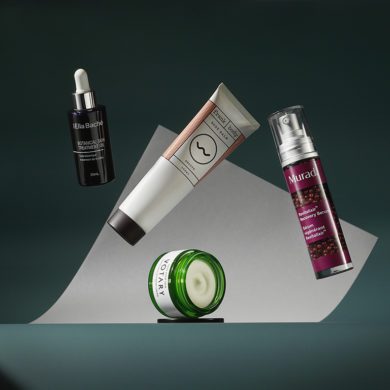
4 Comments